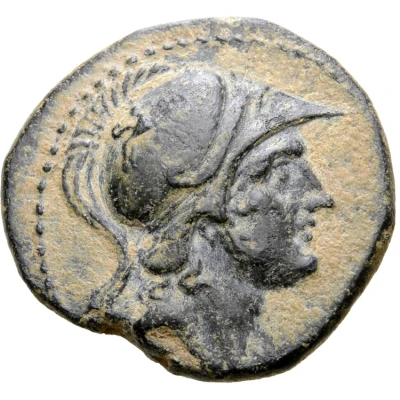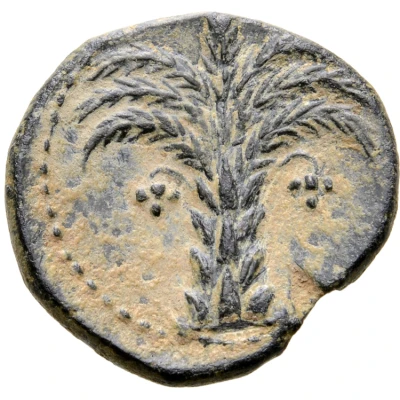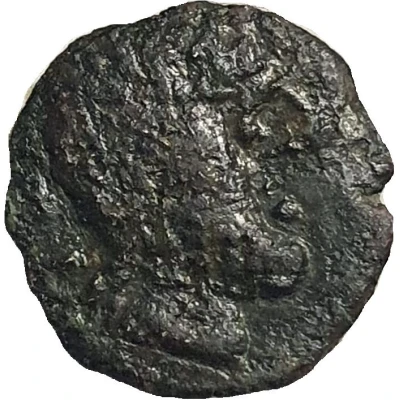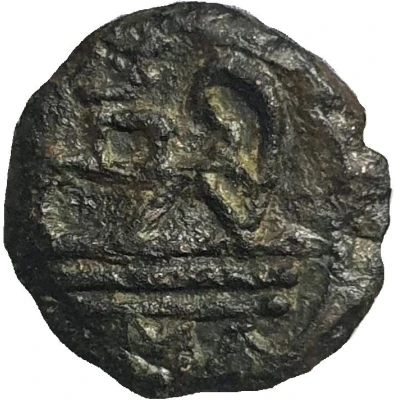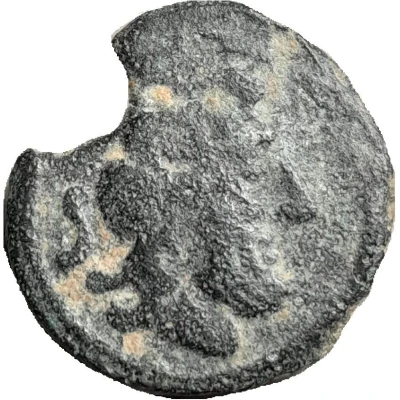
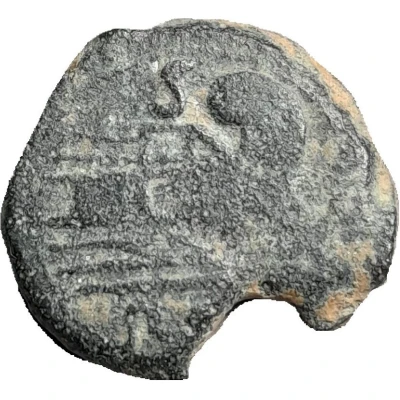

© Henry
Æ Semis Imitation of the Roman Republic 90 BC - 1 BC
| - | 5.58 g | 20 mm |
| Issuer | Uncertain Iberian mint (Punic Iberia) |
|---|---|
| Type | Standard circulation coin |
| Years | 90 BC - 1 BC |
| Value | Semissis (1⁄800) |
| Weight | 5.58 g |
| Diameter | 20 mm |
| Thickness | 1 mm |
| Shape | Round (irregular) |
| Technique | Hammered |
| Orientation | Coin alignment ↑↓ |
| Demonetized | Yes |
| Updated | 2024-10-09 |
| Numista | N#382200 |
|---|---|
| Rarity index | 97% |
Reverse
Prow of ship to the right, above S and below ROMA
Script: Latin
Lettering:
S
ROMA
Comment
Imitation of the Semis of the Roman RepublicInteresting fact
The Æ Semis coin was used as a form of currency in the ancient Roman Republic, specifically during the period of 90 BC to 1 BC. It was made of bronze and had a distinctive design, featuring the image of a bust of a Roman goddess on one side and a mythological creature on the other. The coin was minted in various cities across the Roman Empire, including the Uncertain Iberian mint in Punic Iberia, which is now modern-day Spain. Despite its age, some of these coins have been well-preserved and can still be found in collections or museums today, offering a glimpse into the economic and cultural practices of ancient civilizations.
